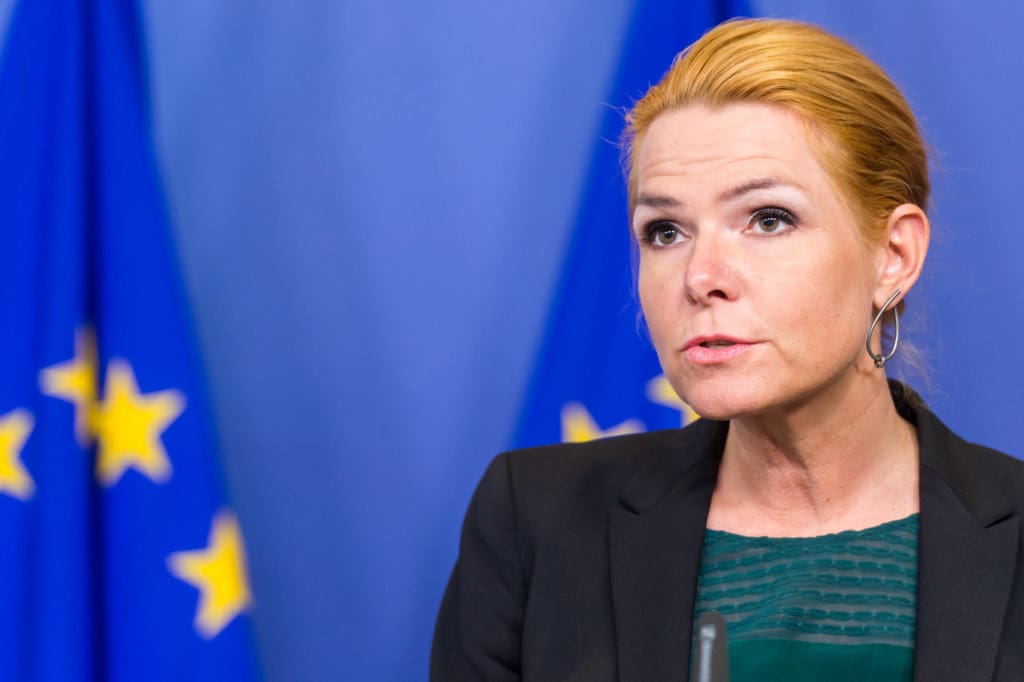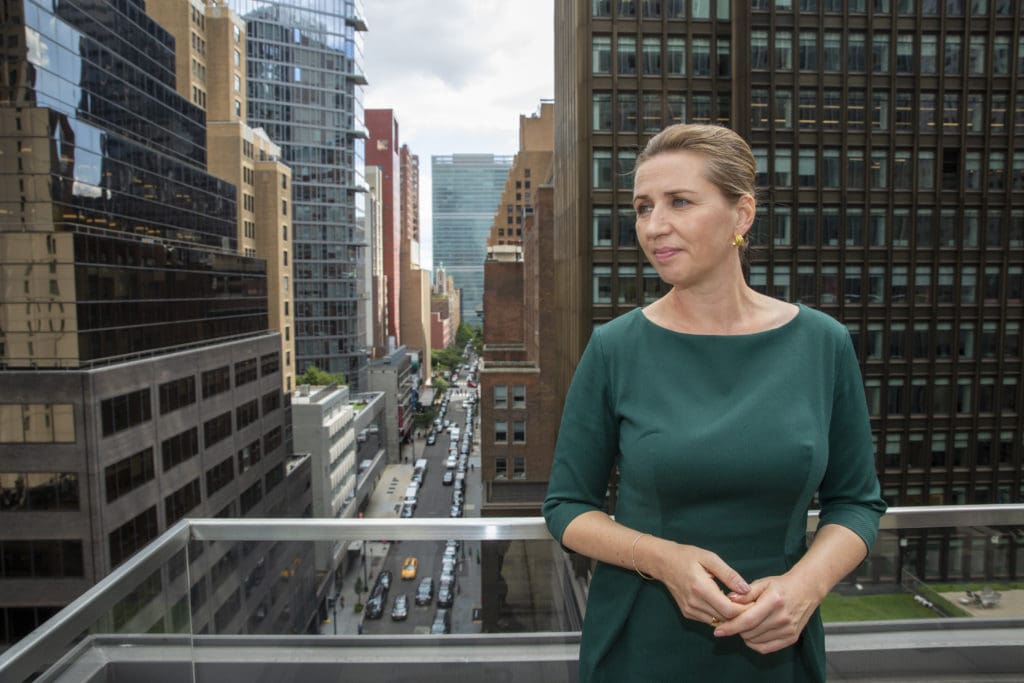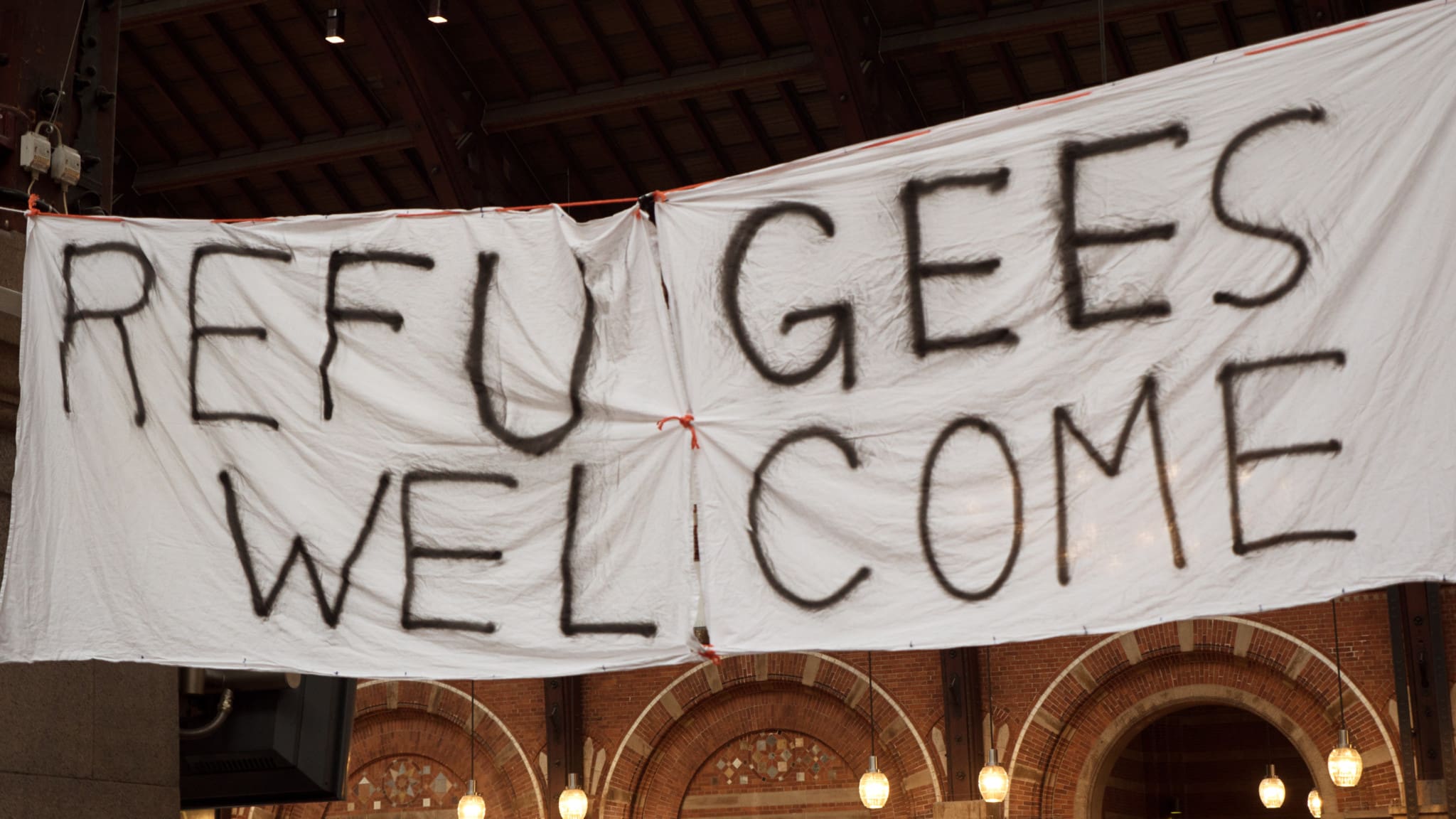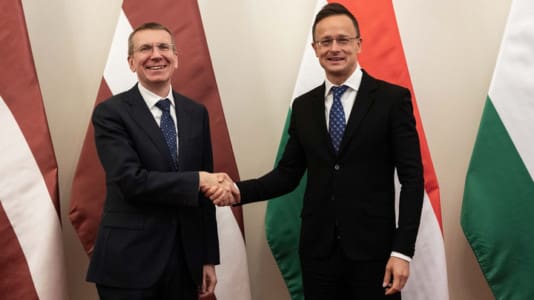In a newly released annual report, the Danish Ministry of Finance revealed that the net cost of immigration from non-Western countries, after tax contributions had been deduced, amounted to €4.2 billion ($4.8 billion) in the year 2018.
The figure, which the Finance Ministry noted was €268 million less than in 2017, accounts for welfare benefits — healthcare, education, childcare, and culture received by migrants at the cost of state — along with other public services related to immigration, state broadcaster Nyheder TV2 reports.
Speaking of the cost incurred by the state to take care of non-Western migrants who aren’t self-sufficient, Kristian Thulesen Dahl, the leader of the national conservative Danish People’s Party, referred to the €4.2 billion figure as “astronomical,” and suggested that large numbers of state-dependent migrants be deported.
The financial report also notes that migrants coming from what they call “MENAPT” countries (Middle East, North Africa, Pakistan, and Turkey), who happen to have made up about half of all non-Western immigrants and descendants living in Denmark in 2018, accounted for over 76 percent (€3.2 billion) of the net cost of immigration incurred by the state.
Thus, immigrants and descendants from MENAPT countries cost the Danish state €11,250 per person, whereas immigrants from other non-Western countries cost the state about €573 per person.
Mattias Tesfaye, Denmark’s Immigration and Integration Minister, noted that the state’s decreased total spending on non-Western migrants year-over-year shows the effectiveness of his government’s strict immigration policy.
“But I am happy it shows net spending on immigrants and descendants continues to fall. It’s good news. Strict immigration policy works,” Tesfaye told the Danish newspaper Avisen.
“This is why the government wants to introduce a 37-hour work obligation, where there must be a close connection between the citizens’ efforts and benefits. We want to replace the existing benefits logic with a working logic,” the minister added.
The news comes less than a month after Inger Stølberg, Denmark’s former immigration minister, along with the national conservative Danish People’s Party, took steps to put in place a program that, if adopted and implemented, could see 70 percent of migrants who have traveled to the country as asylum seekers or via family reunification processes deported by 2030. According to Støjberg and Danish People’s Party Chairman Kristian Thulesen Dahl, 70 percent of the aforementioned group would amount to approximately 50,000 migrants being deported by the end of the decade.

Denmark, despite being ruled by the left-wing Social Democrat party, has adopted some of the most pro-European immigration policies on the continent. In June, in an attempt to stop parallel societies from forming like those seen in France, Sweden, and Germany, an initiative was put forward by the Liberal Party, the Danish People’s Party, the Socialist People’s Party, the Conservatives, and the Liberal Alliance which seeks to ensure that the country doesn’t have areas where more than 30 percent of non-Western immigrants and descendants live.
Speaking on the initiative, Denmark’s Minister of the Interior and Housing Kaare Dybvad Bek said, “It is crucial to ensure a welfare society where you meet people who are different from yourself in everyday life.”
“We can see that over the last 20 years, a bias has grown, with our cities becoming more divided. Children growing up in vulnerable housing areas do not get the same opportunities as children growing up elsewhere.”
“The only way we help the situation is that we meet each other in everyday life and ensure that there are mixed districts and that there are no places where we get a very skewed population composition, as it happens today,” the minister concluded.
Danish Prime Minister Mette Frederiksen has tied crime to Denmark’s rising immigration population, and despite belonging to a left-wing party, has not shied away from addressing what she says as a major problem with integration in her country.

“Every fifth young man with a non-Western background born in 1997 had broken the law before turning 21. It’s not everyone. But there are too many young men who take the freedom of others, steal children’s futures, intimidate prison guards – and leave behind a long trail of insecurity,” said Frederiksen last year while announcing harsher penalties for crime and new immigration control measures.






